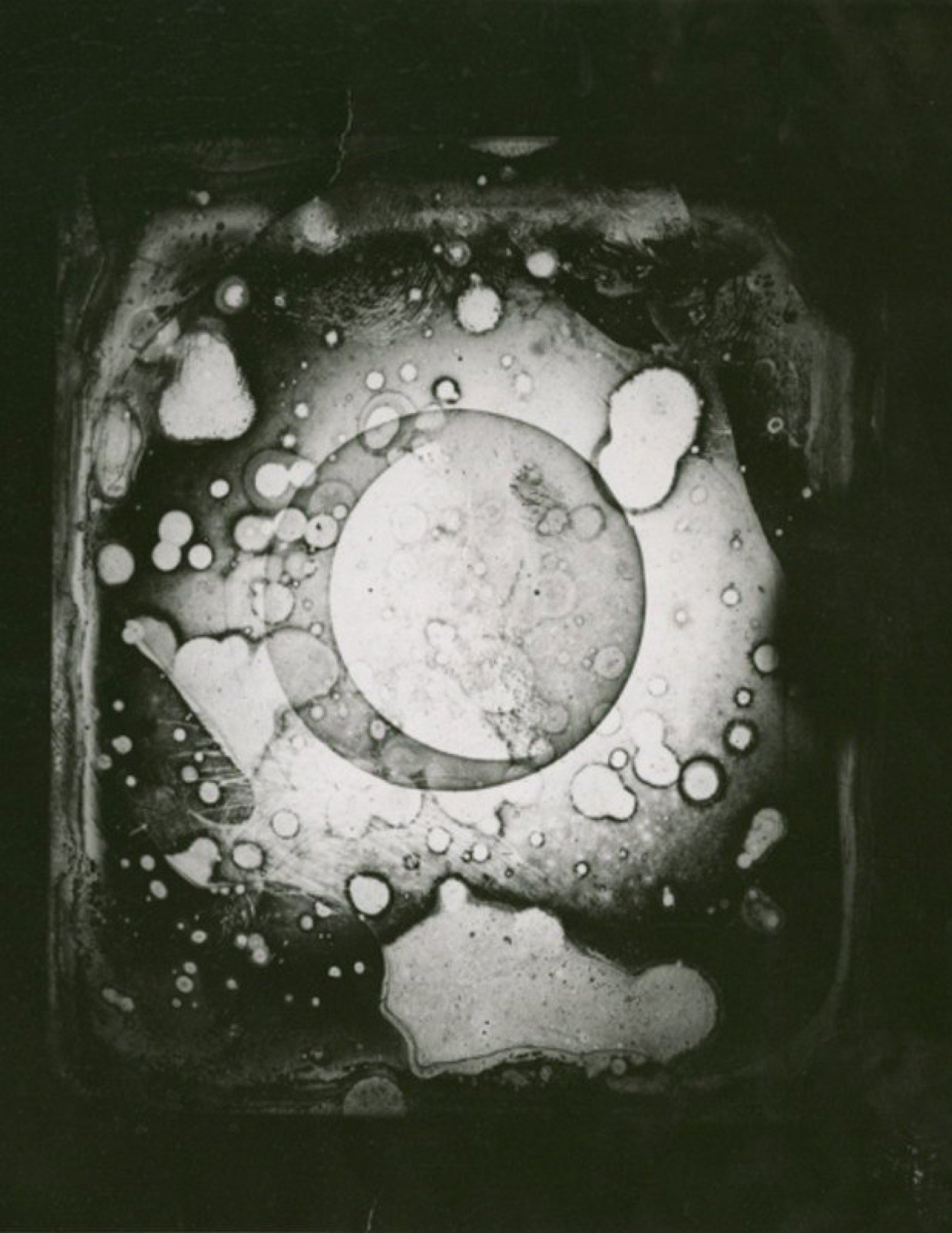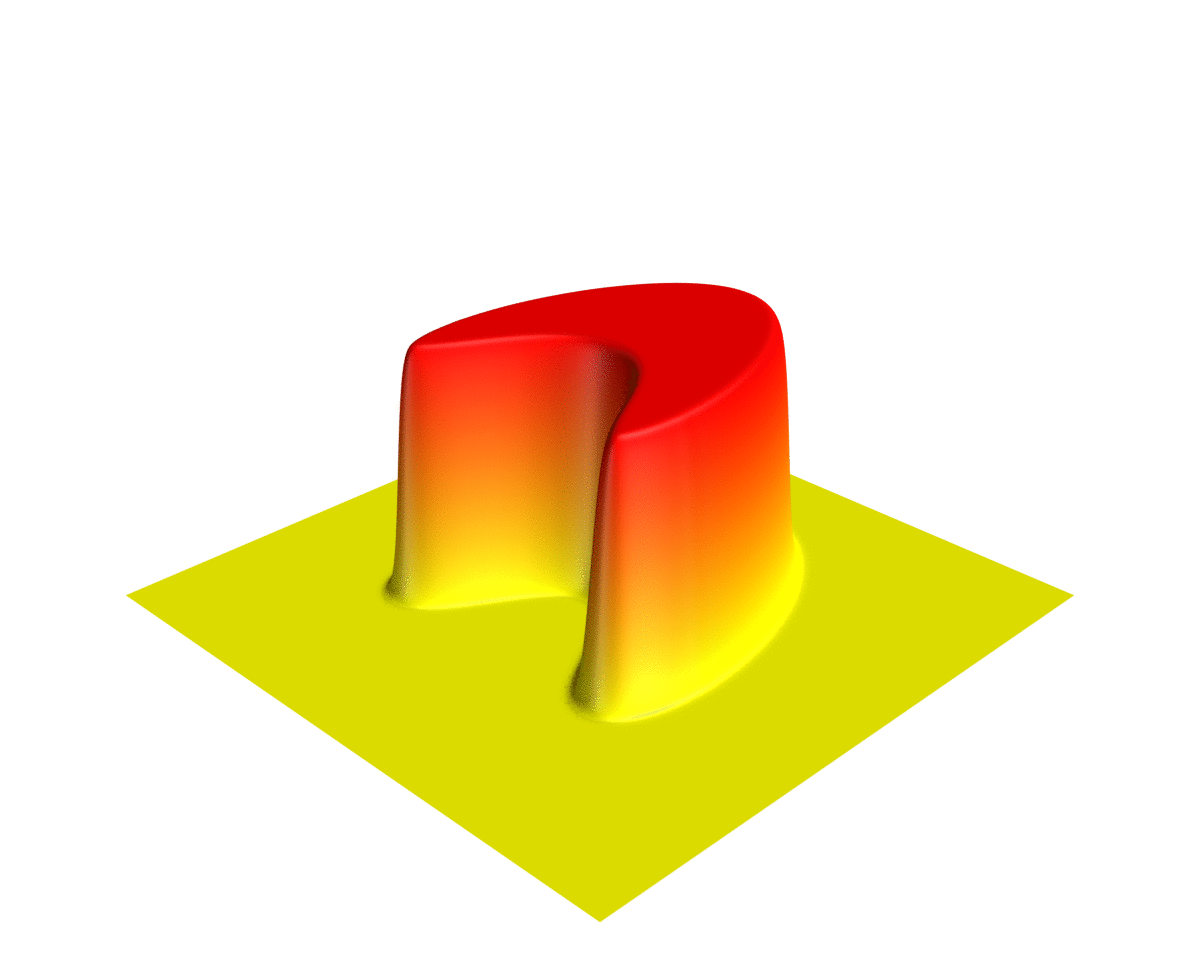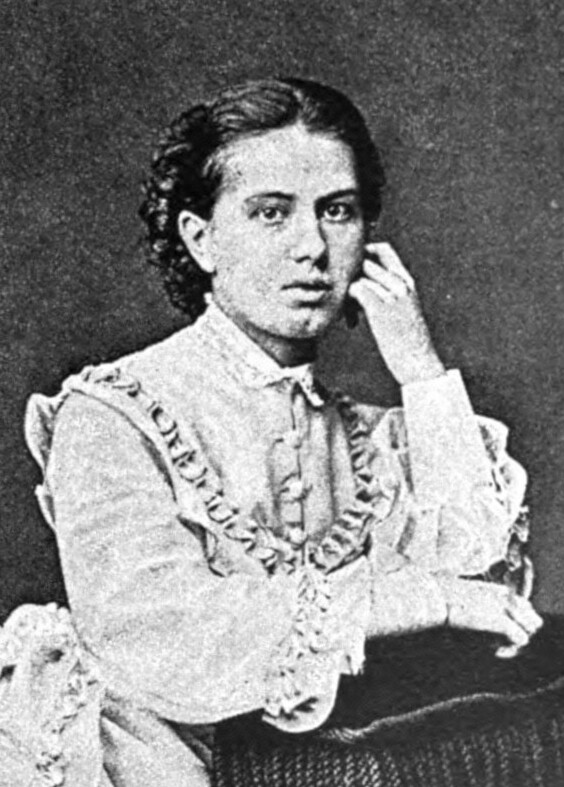|
1874 In Science
The year 1874 in science and technology involved some significant events, listed below. Astronomy * December 9 – a transit of Venus across the Sun is observed in Muddapur, India, by an astronomical expedition led by Pietro Tacchini Chemistry * Per Teodor Cleve discovers that didymium is in fact two elements, now known as ''neodymium'' and ''praseodymium'' * C. R. Alder Wright synthesizes heroin * Othmar Zeidler synthesises DDT * Carl Schorlemmer publishes A Manual of Chemistry of the Carbon Compounds; or, Organic Chemistry' * Jacobus van 't Hoff and Achille Le Bel independently propose that organic molecular models can be three-dimensional Exploration * February – the ''Challenger'' expedition provides geological evidence for the existence of the continent of Antarctica History of science * John William Draper publishes ''History of the Conflict between Religion and Science'' Mathematics * Georg Cantor's paper, "" ("On a Property of the Collection of All Real A ... [...More Info...] [...Related Items...] OR: [Wikipedia] [Google] [Baidu] |
John William Draper
John William Draper (May 5, 1811 – January 4, 1882) was an English polymath: a scientist, philosopher, physician, chemist, historian and photographer. He is credited with pioneering portrait photography (1839–40) and producing the first detailed photograph of the moon in 1840. He was also the first president of the American Chemical Society (1876–77) and a founder of the New York University School of Medicine. One of Draper's books, the ''History of the Conflict between Religion and Science'', popularised the conflict thesis proposing intrinsic hostility in the relationship between religion and science. It was widely read and was translated into several languages. His son, Henry Draper, and his granddaughter, Antonia Maury, were astronomers. His granddaughter, Carlotta Maury (Antonia's younger sister), was a paleontologist. His eldest son, John Christopher Draper, was a chemist; and son Daniel Draper, a meteorologist. [...More Info...] [...Related Items...] OR: [Wikipedia] [Google] [Baidu] |
General Practitioner
A general practitioner (GP) is a doctor who is a Consultant (medicine), consultant in general practice. GPs have distinct expertise and experience in providing whole person medical care, whilst managing the complexity, uncertainty and risk associated with the continuous care they provide. GPs work at the heart of their communities, striving to provide comprehensive and equitable care for everyone, taking into account their health care needs, stage of life and background. GPs work in, connect with and lead multidisciplinary teams that care for people and their families, respecting the context in which they live, aiming to ensure all of their physical health and mental health needs are met. They are trained to treat patients to levels of complexity that vary between countries. The term "primary care physician" is used in the United States. A core element in general practice is continuity of care, that bridges episodes of various illnesses over time. Greater continuity with a gen ... [...More Info...] [...Related Items...] OR: [Wikipedia] [Google] [Baidu] |
Frances Hoggan
Frances Elizabeth Hoggan (''née'' Morgan; 20 December 1843 – 5 February 1927) was a Welsh doctor and in 1870 became the first woman from the UK to receive a doctorate in medicine from any university in Europe. She was a pioneering medical practitioner, researcher and social reformer – and the first female doctor to be registered in Wales. She and her husband opened the first husband-and-wife medical practice in Britain. She was honoured with Wales' 11th Purple Plaque in her birth-town of Brecon in March 2023. Early life and education Frances Hoggan was born in Brecon, Wales, where her father, Richard Morgan, was a curate. She was brought up and educated at Cowbridge in Glamorgan and later at Windsor. During her teens, she gave birth to an illegitimate daughter, who was brought up with her mother and passed off as Frances' sister. She went on to study at Paris and Düsseldorf. Upon the exclusion of women by the Council of the Worshipful Society of Apothecaries from its pro ... [...More Info...] [...Related Items...] OR: [Wikipedia] [Google] [Baidu] |
Partial Differential Equations
In mathematics, a partial differential equation (PDE) is an equation which involves a multivariable function and one or more of its partial derivatives. The function is often thought of as an "unknown" that solves the equation, similar to how is thought of as an unknown number solving, e.g., an algebraic equation like . However, it is usually impossible to write down explicit formulae for solutions of partial differential equations. There is correspondingly a vast amount of modern mathematical and scientific research on methods to numerically approximate solutions of certain partial differential equations using computers. Partial differential equations also occupy a large sector of pure mathematical research, in which the usual questions are, broadly speaking, on the identification of general qualitative features of solutions of various partial differential equations, such as existence, uniqueness, regularity and stability. Among the many open questions are the existence an ... [...More Info...] [...Related Items...] OR: [Wikipedia] [Google] [Baidu] |
University Of Göttingen
The University of Göttingen, officially the Georg August University of Göttingen (, commonly referred to as Georgia Augusta), is a Public university, public research university in the city of Göttingen, Lower Saxony, Germany. Founded in 1734 by George II of Great Britain, George II, King of Great Britain and Electorate of Hanover, Elector of Hanover, it began instruction in 1737 and is recognized as the oldest university in Lower Saxony. Recognized for its historic and traditional significance, the university has affiliations with 47 Nobel Prize winners by its own count. Previously backed by the German Universities Excellence Initiative, the University of Göttingen is a member of the U15 (German Universities), U15 Group of major German research universities, underscoring its strong research profile. It is also a part of prominent international and European academic networks such as Guild of European Research-Intensive Universities, The Guild, the ENLIGHT alliance, and the Hek ... [...More Info...] [...Related Items...] OR: [Wikipedia] [Google] [Baidu] |
Doctorate
A doctorate (from Latin ''doctor'', meaning "teacher") or doctoral degree is a postgraduate academic degree awarded by universities and some other educational institutions, derived from the ancient formalism '' licentia docendi'' ("licence to teach"). In most countries, a research degree qualifies the holder to teach at university level in the degree's field or work in a specific profession. There are a number of doctoral degrees; the most common is the Doctor of Philosophy (PhD), awarded in many different fields, ranging from the humanities to scientific disciplines. Many universities also award honorary doctorates to individuals deemed worthy of special recognition, either for scholarly work or other contributions to the university or society. History Middle Ages The term ''doctor'' derives from Latin, meaning "teacher" or "instructor". The doctorate (Latin: ''doctoratus'') appeared in medieval Europe as a license to teach Latin (''licentia docendi'') at a university. Its ... [...More Info...] [...Related Items...] OR: [Wikipedia] [Google] [Baidu] |
Sofia Kovalevskaya
Sofya Vasilyevna Kovalevskaya (; born Korvin-Krukovskaya; – 10 February 1891) was a Russian mathematician who made noteworthy contributions to analysis, partial differential equations and mechanics. She was a pioneer for women in mathematics around the world – the first woman to earn a doctorate (in the modern sense) in mathematics, the first woman appointed to a full professorship in northern Europe and one of the first women to work for a scientific journal as an editor. According to historian of science Ann Hibner Koblitz, Kovalevskaya was "the greatest known woman scientist before the twentieth century". Historian of mathematics Roger Cooke writes: Her sister was the socialist Anne Jaclard. There are several alternative transliterations of her name. She herself used Sophie Kowalevski (or occasionally Kowalevsky) in her academic publications. In Sweden she was known as Sonja Kovalevsky; Sonja (Russian ) is her Russian nickname. Background and early education Sofya ... [...More Info...] [...Related Items...] OR: [Wikipedia] [Google] [Baidu] |
Logic
Logic is the study of correct reasoning. It includes both formal and informal logic. Formal logic is the study of deductively valid inferences or logical truths. It examines how conclusions follow from premises based on the structure of arguments alone, independent of their topic and content. Informal logic is associated with informal fallacies, critical thinking, and argumentation theory. Informal logic examines arguments expressed in natural language whereas formal logic uses formal language. When used as a countable noun, the term "a logic" refers to a specific logical formal system that articulates a proof system. Logic plays a central role in many fields, such as philosophy, mathematics, computer science, and linguistics. Logic studies arguments, which consist of a set of premises that leads to a conclusion. An example is the argument from the premises "it's Sunday" and "if it's Sunday then I don't have to work" leading to the conclusion "I don't have to wor ... [...More Info...] [...Related Items...] OR: [Wikipedia] [Google] [Baidu] |
William Stanley Jevons
William Stanley Jevons (; 1 September 1835 – 13 August 1882) was an English economist and logician. Irving Fisher described Jevons's book ''A General Mathematical Theory of Political Economy'' (1862) as the start of the mathematical method in economics. It made the case that economics, as a science concerned with Real versus nominal value (economics), quantities, is necessarily mathematical. In so doing, it expounded upon the "final" (marginal) utility theory of value. Jevons' work, along with similar discoveries made by Carl Menger in Vienna (1871) and by Léon Walras in Switzerland (1874), marked the opening of a new period in the history of economic thought. Jevons's contribution to the Marginal utility#Marginal Revolution, marginal revolution in economics in the late 19th century established his reputation as a leading political economist and logician of the time. Jevons broke off his studies of the natural sciences in London in 1854 to work as an metallurgical assay, ass ... [...More Info...] [...Related Items...] OR: [Wikipedia] [Google] [Baidu] |
Set Theory
Set theory is the branch of mathematical logic that studies Set (mathematics), sets, which can be informally described as collections of objects. Although objects of any kind can be collected into a set, set theory – as a branch of mathematics – is mostly concerned with those that are relevant to mathematics as a whole. The modern study of set theory was initiated by the German mathematicians Richard Dedekind and Georg Cantor in the 1870s. In particular, Georg Cantor is commonly considered the founder of set theory. The non-formalized systems investigated during this early stage go under the name of ''naive set theory''. After the discovery of Paradoxes of set theory, paradoxes within naive set theory (such as Russell's paradox, Cantor's paradox and the Burali-Forti paradox), various axiomatic systems were proposed in the early twentieth century, of which Zermelo–Fraenkel set theory (with or without the axiom of choice) is still the best-known and most studied. Set the ... [...More Info...] [...Related Items...] OR: [Wikipedia] [Google] [Baidu] |








